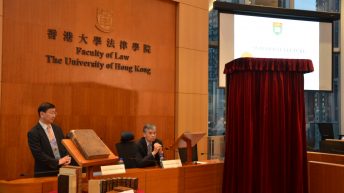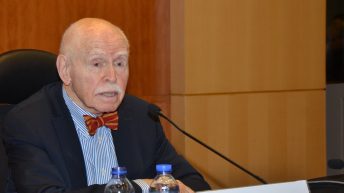Date: 15Sep 2016
The Will of the People and the Formation of International Law: Who Forges the Law of Nations?
The growth of international law over the last decades has influenced a wide range of relationships among different agents on the international and national legal scales. From human rights to commercial transactions, international law now increasingly affects the daily lives of every individual in significant ways. Given this ever-growing influence of international law, one might ask who is responsible for the development of international law today. A proper answer would need to delve beyond simple references to states and international organisations. To what extent (if at all), does the individual have a say in the way that international law is articulated in the modern world? According to the Montevideo Convention, people are a fundamental component of statehood. If that is right, then people both define state practice and are affected by the international law that state practice ostensibly generates. Thus, in theory at least, each one of us has or at least should have an influence on international law-making. The question is whether and in what way the theory is actually the case. The presentation will examine the role of individuals in the formation of international law. It will focus on international treaty law. The first part will explain the process of forming international law and posit a theory of the people’s will in that connection. The second part will look into the correlation between the popular will and international law-making. The final part will assess ways of increasing individual participation in cross-border law-making in the interests of enhancing the inclusiveness of the international legal order.
Artem Sergeev is a Ph.D. candidate in International Law/Human Rights at the Faculty of Law, the University of Hong Kong, under the supervision of Prof. Simon Young. His dissertation examines how individuals affect international law-making.
Artem holds a LL.B. from Udmurt State University in Russia and a LL.M. Public International Law from the University of Groningen in Netherlands. Prior to commencing his graduate studies, Artem was an Executive for ELSA Izhevsk organizing international exchange projects and conferences in the area of Human Rights. He is now a contributor of Oxford University Press, preparing case summaries for the ‘International Law in Domestic Courts’ project.




